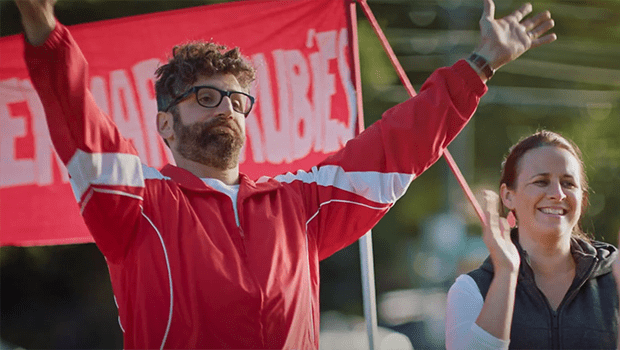
A few days ago I read with interest a hotly-debated discussion point in a netball forum, asking for tips on how to coach your own child.
It was a topic everyone seemed to have an opinion on, fuelled in large part by the fact that most players and parents seemed to have, at some point, been involved with a team in which the coach was also a parent of a player.
Many responses were simply “DON’T DO IT”, as clearly the experience has not always been a positive one.
But unless you’ve been on a netball club committee, you’re probably blissfully unaware just how difficult it is to find coaches who are prepared to take on a team. It gets harder and harder every year to convince people to put their hands up to help, so for a club to rule out an entire cohort of potential coaches because their child is in a team might see the club struggling to fill all of its coaching roles every year.
READY TO COACH NEXT YEAR? JOIN NOW TO ACCESS 400+ DRILL VIDEOS WITH INSTRUCTION!
Some clubs have rules around parents coaching their own children written into their club policies, which is a good way to keep things crystal clear for all stakeholders. But for clubs who may be tackling the issue for the first time or don’t have hard and fast rules about it, here are some tips to help manage the process.
AVOID IT IF YOU CAN
The path of least resistance is, of course, to not have parents coaching a netball team that contains their own child.
If you have enough coaches to cover your teams, or have parents that are prepared to coach a different team to the one their kid is in, then that’s usually the best option and avoids any questions around conflicts of interest or favouritism.
ADDRESS IT AT THE START OF THE YEAR
If a club has appointed the parent of a child to coach a team, as a club and coach it can be a good idea to address it with the other parents and players at the start of the year.
That means getting everyone together before the first training or game and discussing the fact that you are coaching the team, while also outlining your philosophy in managing this dynamic across the season.
Explaining that from the moment you arrive at the courts your child is just another one of the players and will be treated accordingly is a good place to start.
You may also wish to invite them to ask questions, as well as outlining how best to communicate with you and the club if they have further queries.
Getting on the front foot early can help mitigate any issues down the track, and it’s also a great way to build some relationships between yourself and the other parents.
REMOVE THEM FROM THE SELECTION PROCESS
Selections are often contentious and stressful enough, without questions arising about selector bias or conflicts of interest.
If a coach/selector has a child or family member involved in a trial, they should sit that one out.
However, if there’s no way to avoid the parent being involved in selections (for example they’re the head coach of that age group), at the very least they should remove themselves from discussions about their own child, and allow others to make that specific selection decision.
ASK THE CHILD FIRST
Some players have no issue with mum or dad coaching their team, but others don’t enjoy the experience.
So discuss it with them before taking on the role, and considering setting some ground rules that both you and they are comfortable with.
For the coach, that might include limiting discussion about the game to only the times that their child is in the team environment, and not in the car or at home.
For the player, it could be about ensuring they behave appropriately and respectfully and treat their parent as their coach when they’re at training or a game.
LEAVE THE AWARDS TO SOMEONE ELSE
I’ll never forget a presentation night seven or eight years ago when a coach who had two daughters in the same team revealed there was a tie for the team’s Most Valuable Player award.
Yes, both of her daughters shared the prize, despite objective observers noting they were far from the strongest players in the team.
Sadly, in many cases the coach’s child probably does deserve an award, but if the coach is casting the vote then you will never remove the smell of bias, no matter how impartial they claim to be.
The simplest way to avoid this conflict is to ask others to vote or decide on those awards. Have a different parent give their 3-2-1 votes each week, or ask the umpires to do it, so no one can be accused of favouritism.
HAVE SUPPORT AND CLEAR PROCESSES IN PLACE
No matter how well you manage the coaching of your child’s team, chances are that eventually someone won’t be happy with a decision you make.
Ensure you’ve got the support around you so that when that day comes, you’re not on your own. That could mean having an impartial observer or committee member always watching your games, so that it’s not your version of events versus someone else’s, if it ever comes to that.
And having clear processes both coaches and parents can follow if issues do arise ensures they are dealt with quickly and more effectively.
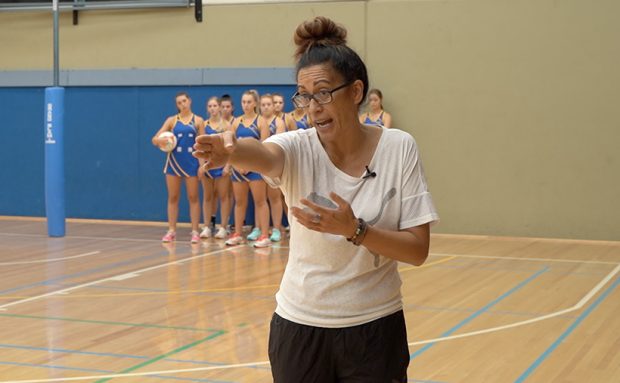

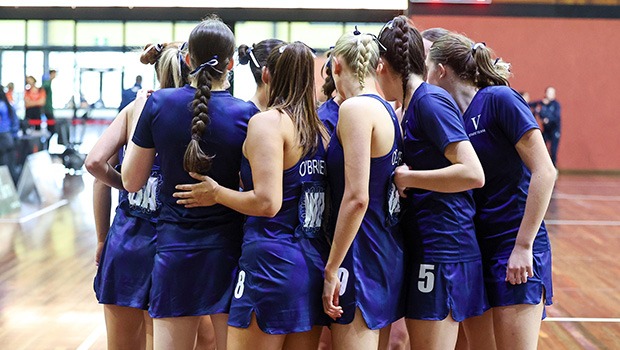

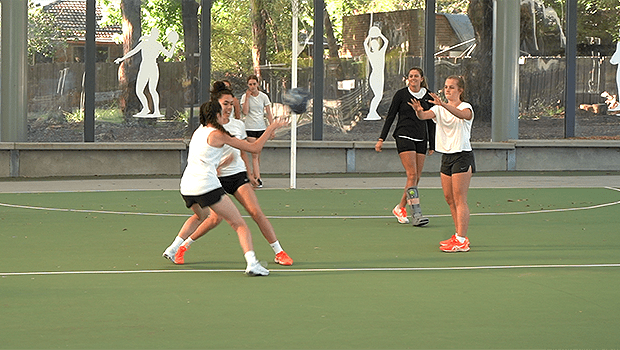
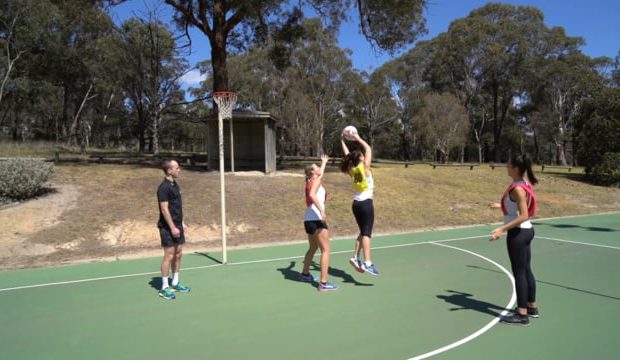
Utterly ridiculous. I’m in my third year of coaching my daughters netball team and have never had a drama. Its not hard to be fair to all players. Its common sense that fairness prevails when dealing with kids & teens. I treat my daughter just like any other player – and she respects me just like she would any other parent coaching.